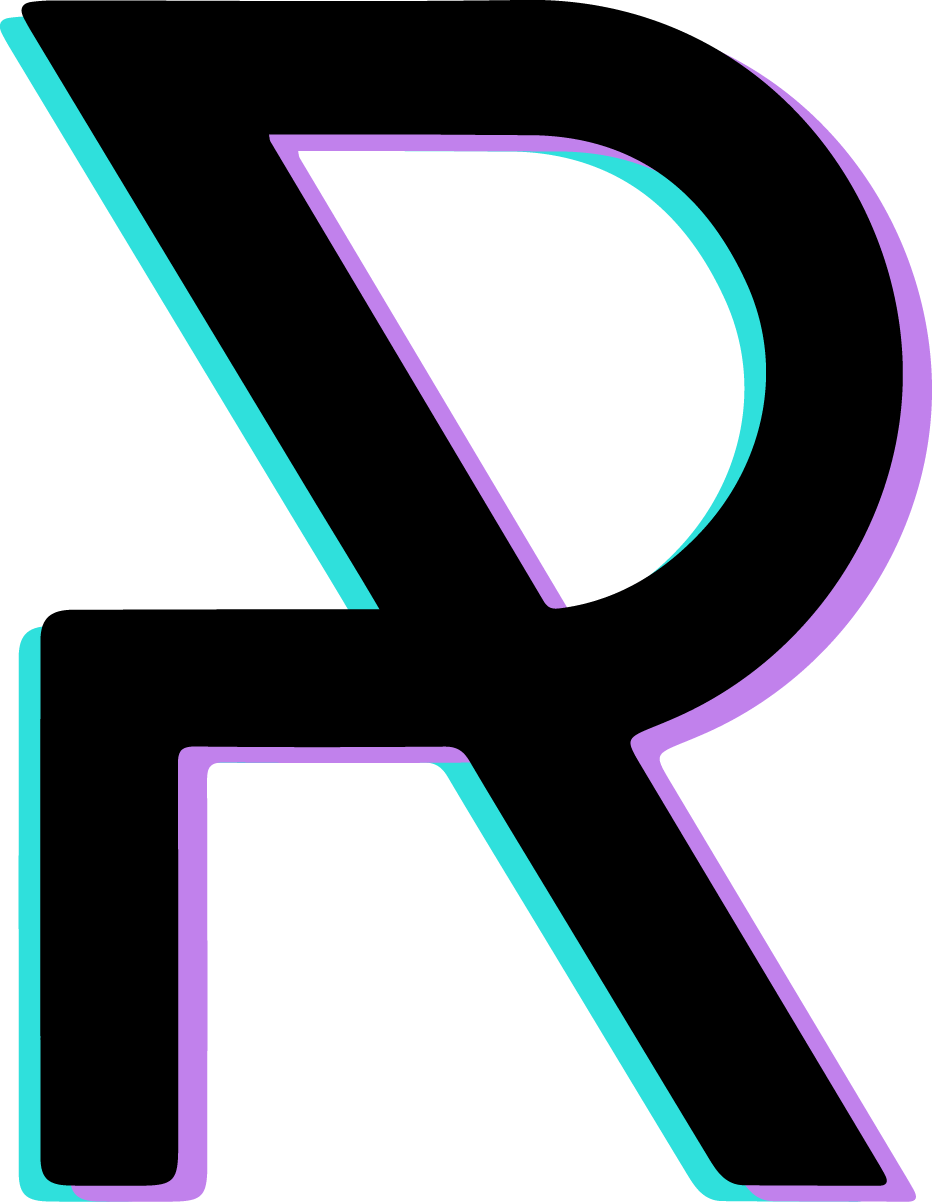Blockchain: Architecture, Smart Contracts, and DAOs Explained

Haz clic para leer esta publicación en español.
Blockchain for Everyone: Architecture, Smart Contracts, and DAOs Explained
Hey, folks! Today we’re going to talk about a technology that’s revolutionizing the world: blockchain. But don’t worry, we’re not going to get bogged down in difficult technical terms. In this post, we’re going to break down blockchain in a simple and clear way, as if we were hanging out and chatting over coffee in the neighborhood.
First, let’s talk about the architecture of blockchain, the solid foundation that holds the entire system together. Then, we’ll delve into smart contracts and their practical applications, which go beyond what we could imagine. And last but not least, we’ll explore decentralized autonomous organizations, those entities that are changing the way we think about decision-making and organizational structure.
So grab your coffee, relax, and get ready for a fascinating journey through the world of blockchain. Let’s dive into this universe of innovation and endless possibilities!
Blockchain Architecture: A Detailed Look
Decentralization for Trust
The architecture of blockchain is designed to be decentralized, meaning it allows for interactions among multiple parties without the need for trust in a central authority. This decentralization offers several benefits, such as security, fairness, and privacy.
How Decentralization Works
Unlike centralized systems, where a single entity controls the data and decision-making process, blockchain technology enables a distributed network of nodes to validate transactions and reach a consensus through a decentralized consensus mechanism.
Increased Security and Privacy
In a decentralized system, there is no central authority controlling the data or decision-making process, reducing the risk of hacking or data breaches. Transactions are validated through a decentralized consensus mechanism, without relying on any single entity for trust.
Fairness and Resilience
This decentralization also ensures that everyone has an equal voice in the decision-making process, promoting fairness and resilience. Additionally, it allows for privacy, as personal data is not controlled by a single entity and is less susceptible to data breaches or misuse.
When It’s Not Necessary
However, it’s important to note that decentralization is not always necessary or beneficial in every scenario. For example, it may not make sense to attempt to decentralize something unless there is a specific need for trustless interaction with the system.
In summary, the architecture of blockchain is designed to be decentralized, offering several benefits such as security, fairness, privacy, and resilience. However, the decision to use a decentralized or centralized system depends on the specific use case and the requirements of the project.
Smart Contracts and Their Applications: A Revolution in Progress
Transforming Industries with Smart Contracts
Smart contracts have the potential to transform various industries by providing a secure and decentralized way to execute contracts without the need for intermediaries. By leveraging blockchain technology, smart contracts can automate processes, reduce the risk of fraud or errors, and provide real-time updates and transparency.
Decentralization in Action
In contrast to centralized systems, where a single entity controls the system and has power, smart contracts provide a decentralized way to execute contracts. This means there is no single point of control or failure, reducing the risk of manipulation or fraud. By leveraging blockchain technology, smart contracts can provide secure digital identities for individuals, enabling them to manage their personal information and conduct transactions without intermediaries.
Challenges and Benefits of Decentralization
In terms of performance, decentralized systems may be slower due to the complexity of the protocol needed to resolve data conflicts and find a resolution. However, the benefits of decentralization, such as reduced risk of manipulation or fraud, can outweigh performance limitations in many cases.
Transformation Potential
In summary, smart contracts have the potential to transform various industries by providing a secure and decentralized way to execute contracts without the need for intermediaries. By leveraging blockchain technology, these contracts can automate processes, reduce the risk of fraud or errors, and provide real-time updates and transparency.
Decentralized Autonomous Organizations (DAOs): The Organization Revolution
What are DAOs?
A Decentralized Autonomous Organization (DAO) is an organization that operates on a decentralized network without a central authority or intermediary. The use of blockchain technology enables trustless interactions within the network, as members can be assured that their transactions and decisions will be secure and protected based on the protocol and mathematics of the blockchain network.
Advantages of DAOs
- Trustlessness: Members do not need to rely on a central authority or entity when using the system, as the protocol and mathematics of the blockchain network ensure that everything is secure and protected.
- Transparency: All transactions and decisions are recorded on a public blockchain, making it difficult for anyone to manipulate the system.
- Decentralization: There is no central authority controlling the network, reducing the risk of a single point of failure and increasing resilience.
Considerations for Disadvantages
- Technical complexity: Synchronizing data on a decentralized network can be challenging, especially when dealing with conflicting data.
- Participation barriers: In some cases, financial means may be required to participate in decentralized systems, limiting access for certain individuals or groups.
In summary…
DAOs offer a promising approach to organization and decision-making, but it’s important to consider the potential challenges and limitations when implementing such systems. The advantages include the lack of need for trust, transparency, and decentralization, while disadvantages may include technical complexity and participation barriers. However, despite these challenges, DAOs continue to be an innovative and exciting way to organize and operate in the digital world.
The coffee has been emptied… let’s wrap up
In conclusion, blockchain, smart contracts, and DAOs represent the forefront of digital innovation. While they present challenges such as technical complexity and participation barriers, they also offer a world of possibilities in terms of security, transparency, and efficiency. It’s essential to carefully evaluate the needs and requirements of each project to determine the best option between decentralized or centralized systems. Let’s continue exploring and harnessing these exciting technologies to build a fairer and more efficient future!
